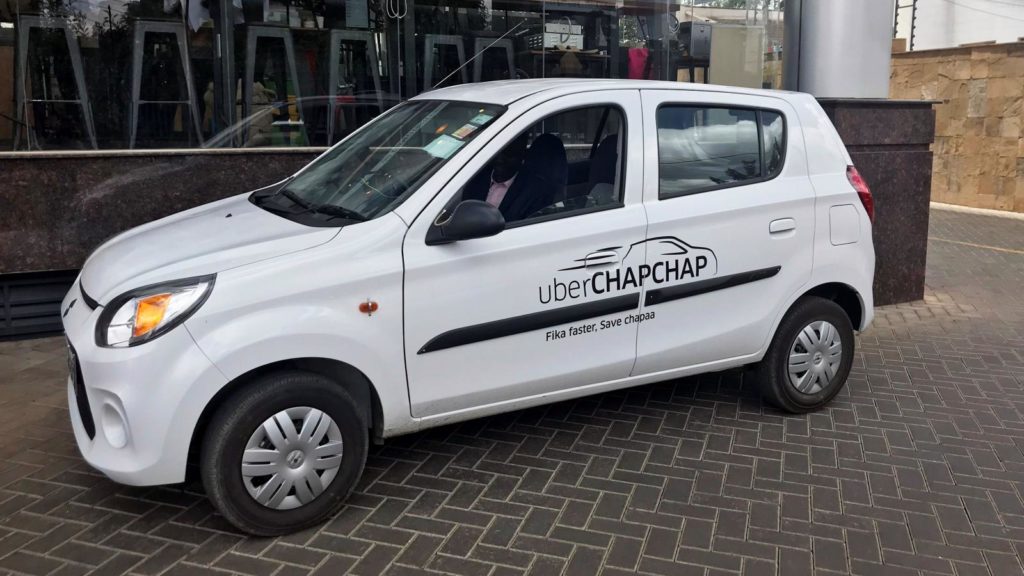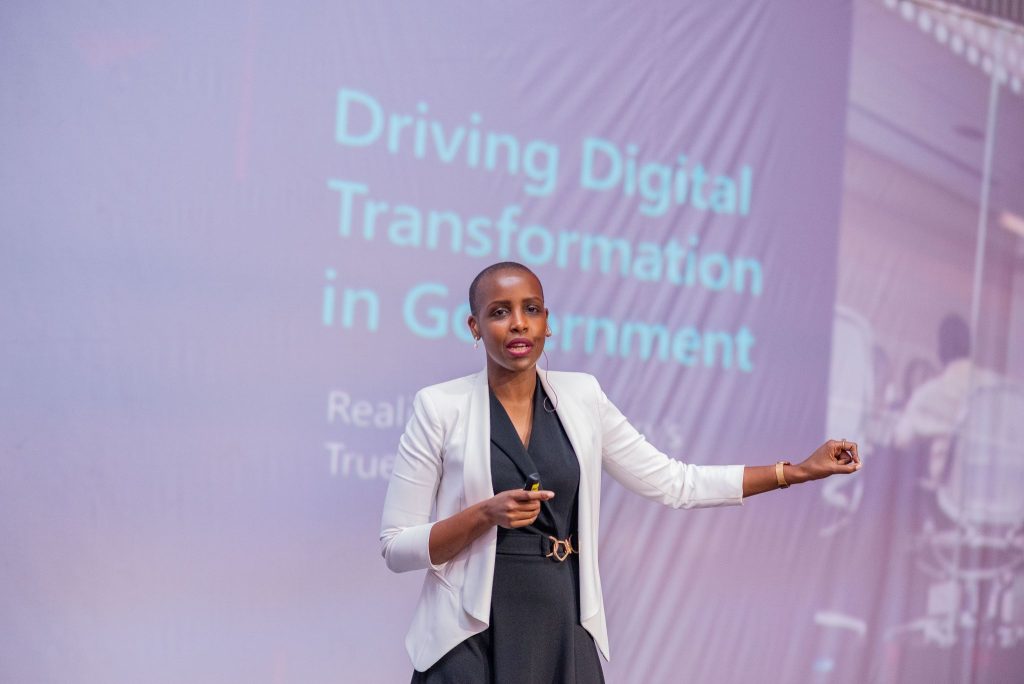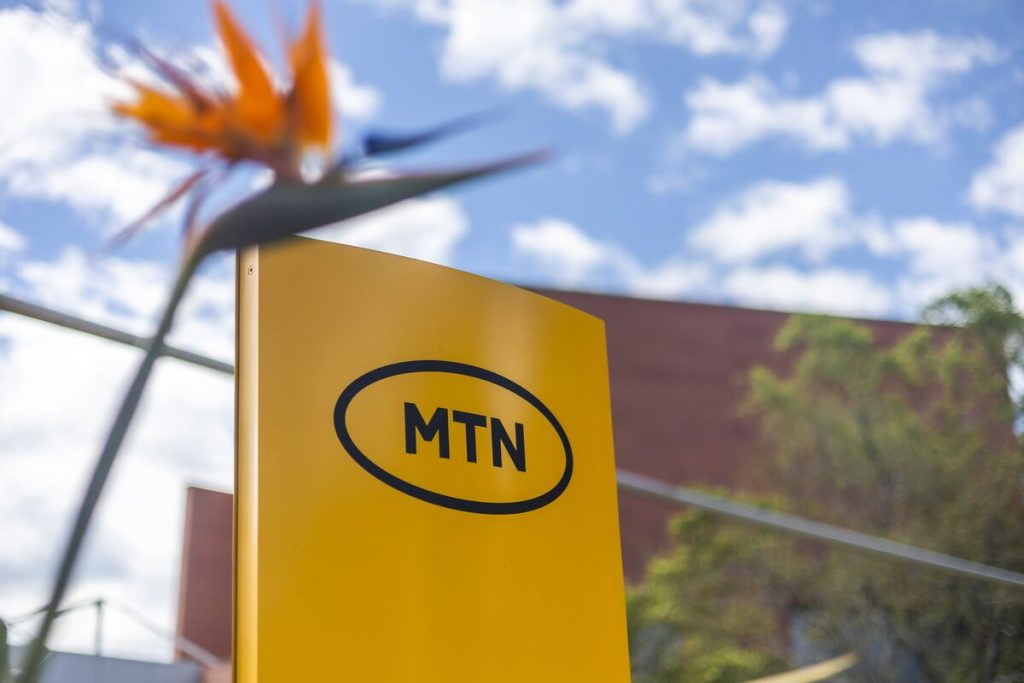|
|
|
|
|
|
|
|
in partnership
with
FLUTTERWAVE |
24.08.2020 |
|
|
|
|
|
Hello there,
Welcome to TC Daily! Today’s digest leads with a brief on the developer-led uprising on Nigerian tech twitter last weekend, another cyber intrusion in South Africa, and a roundup of funding announcements around the continent.
Please take a moment to subscribe to our newsletter if this email was forwarded to you.
|
|
|
|
|
|
|
|
|
Get access to quality medical consultations from licensed Medical Doctors right from the comfort of your home, at any time and at the tip of your fingers.
Here’s a great opportunity for Medical Practitioners to earn more money from consultations. Learn more here.
|
|
|
|
|
|
|
Thursday afternoon August 20, two minutes before 4pm West African Time. A post is shared on Twitter alleging that a certain startup which claims to match Nigerian freelance developers to foreign jobs isn’t what it portrays itself as.
By Friday evening, the accused company (WeJapa) and its founder/CEO (Favour Ori) would earn the wrath and disappointment of many in the developer/design community, becoming a top trend. Multiple testimonies pointed to unflattering personality traits, from rudeness in conversations to a tendency to over-promise and under-fulfill.
The outcry has cooled, probably helped by Ori’s statement on Saturday evening, though it was criticized for not being specific about paying reparations. He apologised “to all those who I have wronged” but maintained innocence of allegations of fraud. An independent investigation, he says, will be conducted to reach a fair conclusion on the claims raised.
WeJapa was launched in
April 2020 by Ori who became notable in dev circles for selling an app for a little of $60,000 in February. That achievement and other claims of his are now under severe scrutiny.
There’s a fair bit to get into regarding this development: How will the independent investigation be done and what will it reveal? What realities are we reminded of with respect to the gig economy’s vulnerabilities? And what have we learned about fostering accountability in tech this year?
More to follow on TechCabal.com
|
|
|
|
|
|
|
|
|
South African credit information agency Experia has explained the supposed cybersecurity breach that occurred at its facility three months ago. According to CEO Ferdie Pieterse, the company fell for an impersonator who demanded personal information that exposed about 24 million South Africans and 700,000 businesses.
Pieterse says Experia’s systems were not penetrated but admits the data was provided to the impersonator. Tefo Mohapi of iAfrikan spoke with Peiterse for a sense of the damage done.
What’s happening in South Africa though? Experia’s case is at least the third cyber intrusion case reported in as many weeks. At a time of historic lows in consumer confidence worsened by COVID, the last thing people need is anxiety over digital exposure to malicious actors.
|
|
|
|
|
|
|
|
|
|
|
Plentywaka, a Nigerian bus-hailing startup, has secured investment from Microtraction, the pre-seed investment firm.
The startup’s proposition is to drive an organised private sector approach to public transportation in Nigeria’s urban centres. For now, there activities are in Lagos and Abuja. The expectation is that they
leverage the funding and strategic networks afforded by firm’s network to grow the product’s value.
Microtraction say they were drawn to Plentywaka because of the volume of commuting that happens in a place like Lagos – with its 20 million+ people – and the associated economic potential. Read more about the investment here.
|
|
|
|
|
|
|
Power Struggles
“I don’t have a generator,” Saheed, a cobbler in South-West Nigeria lamented.
“Since the lockdown was relaxed during the week and we started operations, light has not been stable,” he told Premium Times in an interview. Saheed lost business as clients picked up their uncompleted items and others simply reneged on agreements because he didn’t have electricity to power his equipment.
|
|
|
|
|
From small businesses to larger organizations, Nigerian companies all battle its chronic electricity problem. In July, the Manufacturing Association of Nigeria warned about massive employment citing
access to finance and worsening power supply among the major challenges in the middle of the pandemic. Pandemic or not, these problems have existed for some time.
Eight years ago, the Nigerian Chambers of Commerce said 800 companies closed shop between 2009 – 2011. Two years after, MAN said 272 companies shut down in one year. There were several factors but power was a constant feature. It’s a challenge that Nigerian tech entrepreneurs have identified as a major barrier to high productivity.
Beyond Nigeria, the lack of reliable electricity in many parts of Africa constrains economic activity. A 2018 World Bank Working Paper on electricity access and employment
found that power outages reduce direct exports of African firms by up to 12%. It also found that depending on the measure of electricity shortages, it could reduce the probability that an individual is employed by between 35 and 41 percentage points.
Facing limited options, African households are increasingly turning to off-grid solar systems to change their economic fortunes. A 2018 GOGLA study on the impact of off-grid solar home systems in five African countries that account for nearly half of African off-grid solar home system market found that 58% of
off-grid solar customers undertook more economic activity within just three months of purchasing a solar home system.
While this might meet the needs of households and microbusinesses, individuals and businesses with larger-scale power requirements face tougher decisions and fewer options.
Get our report, the Future of Energy in Sub-saharan Africa, created in partnership with Stears Data and learn about the conditions that precede and promote the rapid adoption of
off-grid renewable energy.
|
|
|
|
|
|
|
Africa XYZ, an organsiation that connects African tech entrepreneurs to global experts, is calling on early-stage innovators in Africa to apply for the Africa XYZ Innovation Prize. They are specifically looking for incorporated upstarts that have been active for 5 years, with a prototype, active customer base and at least one woman on the senior leadership team. Do these describe your venture? Apply
here.
|
|
|
|
|
|
|
|
|
|
|
|
|
- Paymob, a seven-year-old Egyptian digital payments company raises $3.5
million
- Africa’s super app candidates have been adding features and tweaking their products recently
- Nigeria-based ThankUCash has taken an undisclosed investment sum from a 500 Startups mentor
- Our latest Digital Nomad recounts his journey from Northern Nigeria to Northern Iraq
|
|
|
|
|
|
|
|
|
|
|
|
|
See you tomorrow.
– Alexander
|
|
|
|
|
Share TC Daily with your friends!
|
|
|
|
|
|
|
Copyright © 2020 Big Cabal Media,
All rights reserved.
You are receiving this email because
you signed up on TechCabal.com
Our mailing address is:
Big Cabal Media
18, Nnobi Street, Animashaun, Surulere, Lagos
Surulere 100001
Nigeria
Add us to your address book
Want to change how you receive these emails? You can
|
|
|
|
|






